Overview
A Flexible Spending Account (FSA) enables tax-free reimbursement of health-related or dependent care expenses. You decide how much you want to set aside for the year and a portion of that amount is deducted from your paycheck before taxes. When you or your dependents incur an eligible expense, you may be reimbursed for that expense with the money that you have put aside.
Effective Date
Your election becomes effective on one of two dates: the date that you become eligible for benefits at your place of employment or the date that you complete your enrollment, whichever is later. Please note that some employers have a waiting period prior to when your benefits start.
Annual Election
The election that you make is irrevocable for the Plan Year (typically, but not always, January 1 – December 31). This means that, in general, you cannot adjust or stop your contributions once the Plan Year has begun. It is important to note that elections do not carry forward from year-to-year. You must actively make a new election during each Open Enrollment period, or your account will be made inactive.
Paycheck Deductions
Your annual election amount is divided by the total number of paychecks during the Plan Year. Or, if you are hired mid-year, this amount is divided by the number of remaining paychecks in the Plan Year.
Mid-Year Changes
In order to change your election amount mid-year, you must experience a qualified life event (birth, marriage, etc.) or other approved exception. All change requests must be made within 30 days of the status change date.
Termination
Medical expenses are only eligible to the extent that they are incurred prior to or on your date of termination. The exception to this rule is that if you elect COBRA coverage for your Health FSA and continue to make contributions to your FSA (on a post-tax basis), claims may be incurred as long as the COBRA coverage is active. Dependent care expenses may be reimbursed after your termination date without electing COBRA, as long as the expense occurred in the current Plan Year.
Use It or Lose It
Under IRS guidelines, FSAs are subject to a “use it or lose it” provision. If your eligible expenses are not sufficient to exhaust your full FSA election, any unused funds are forfeited. In order to protect yourself against this, carefully consider your medical and dependent care expenses prior to making your election.
Rollovers
Some FSA plans include a rollover feature. If it is included, this feature allows up to $500 of unused funds (those left over after the claims submission deadline) to roll over into the new Plan Year as of March 31 of the following year. If your Health FSA balance is greater than $500 as of the deadline, any amount in excess of that figure is forfeited under the “use it or lose it” rule. Note that there is no rollover provision for the Dependent Care FSA.
Grace Period
Some FSA plans include a provision that extends the date by which claims must be incurred. When this provision is included, it allows you to incur eligible claims through March 15th of the following year (rather than December 31 of the current year).
Limited Purpose Health FSA
If you participate in a High Deductible Health Plan (HDHP) and want to contribution to a Health Savings Account (HSA), in order to also elect a Health FSA, you will need to elect a Limited Purpose FSA (LPFSA). Doing so will protect your ability to make contributions to your HSA. Otherwise, if you maintain a regular Health FSA, participation in that plan will be considered disqualifying coverage and thus prohibit you from making contributions to your Health Savings Account.
For example, if you participate in an HDHP and make contributions to your Health Savings Account, you may want to elect coverage under a Limited Purpose FSA to pay for orthodontia expenses or vision care expenses. This will allow you to secure pre-tax treatment for these dental and vision expenses without spending down money in your HSA (that you may want to save to use for deductible expenses or other out of pocket medical expenses). If you elect a regular FSA, the tax laws prohibit you from making also making a contribution into a Health Savings Account, so you wouldn’t be able to save money in an HSA to pay your deductible or other medical expenses.
Maximum Election Amounts
The federal maximum for a health FSA election is $3,200 (for 2024). The federal maximum for a dependent care FSA is $5,000 per year (per household).
The health FSA maximum is subject to a Cost of Living adjustment, so it will increase incrementally each year. The dependent care FSA maximum is not subject to a Cost of Living adjustment, so it stays the same every year.
Who are Eligible Dependents?
For a health FSA, claims may be incurred for the following individuals:
Yourself
Your spouse
Your children under age 26 (or who have not turned 27 as of the end of the tax year)
Your foster or step children under age 26 so long as they are your tax dependents
For a dependent care FSA, claims may be incurred for the following individuals:
Your children under age 13
Your foster or step children under age 13 so long as they are your tax dependents and you have caregiving responsibility for them
Your spouse or dependent (age 13 or older) who is physically or mentally incapable of caring for himself/herself


